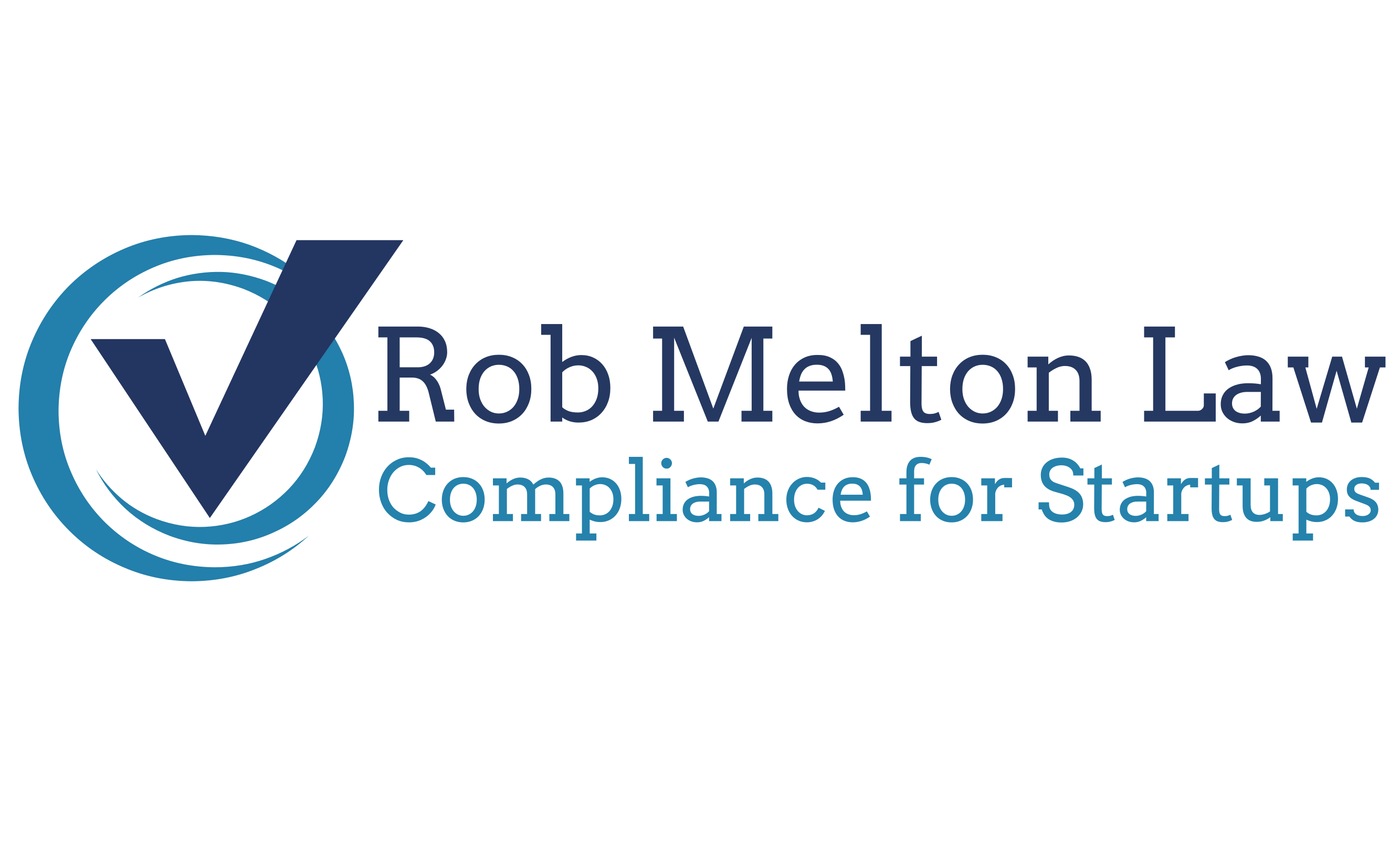A lawyer plays a vital role in reviewing and negotiating student data privacy agreements for school vendors by ensuring legal compliance, risk mitigation, and contract clarity. They analyze agreements to confirm adherence to federal and state privacy laws, such as FERPA, COPPA, and state-specific student data protection statutes. Lawyers also negotiate data security provisions, ensuring vendors implement strong safeguards to protect student information from unauthorized access or breaches. Additionally, they help define data ownership, retention policies, and breach notification requirements, ensuring schools maintain control over student data. By negotiating fair liability terms, lawyers protect schools from legal and financial risks associated with vendor data practices.
A Student Data Privacy Addendum is typically an additional agreement attached to an existing or prospective contract, ensuring compliance with student data privacy laws and outlining specific protections for student information. It is often used by schools, districts, and educational technology providers to supplement broader agreements, such as vendor contracts or terms of service.
Laws protecting the privacy and education records of students and their parents often specify necessary contractual protections to be expressly set forth between the school and their vendor concerning data protection. FERPA is a federal law that sets forth the conditions by which the school an utilize the “school official” exemption to obviate the need to gain parental consent for a disclosure to a vendor. However, FERPA is supplemented by an extensive patchwork of state laws protecting student privacy and education records. These requirements vary by state and for contracts spanning several states the parties may need to add state specific provisions for each state to ensure that appropriate terms are in place.
Contractual Flow-downs
Student DPAs proposed by schools typically require the vendor to have similar terms in place with their contractors and to ensure that the contractor does not violate the terms of the DPA. When the vendor asks its contractors to sign the same DPA as the vendor has with the school, this is often known as a back-to-back agreement. However, in most cases the vendor will decide to put in place equivalent terms with its contractors in order to avoid the administrative and compliance burden of trying to manage the complexities of multiple back-to-back agreements.
Limitations of Liability
Model DPAs offered by school districts in my experience typically do not have any reference to the limitations of liability of an agreement or separate provisions to limit the liability of the parties. This may make sense for a school, which wants to be able to seek protection from the vendor in the case of a data breach. For a vendor, negotiating limitations of liability can be an important effort to ensure the unspecified costs of a contract do not exceed the amount anticipated.
Data Collection Exhibit
Student DPAs often contain an exhibit specifying precisely what personal data and education records will be collected or used by the vendor. This allows the school to ensure that it has provided appropriate notice and received any necessary consents from the student’s parents.
Firm Offers
One option offered with student DPAs that is not common outside the education field is a legal concept known as the “firm offer”. If the edtech vendor wishes, it can agree to let other schools agree to form a contract with it on the same terms as it previously negotiated with the original school district. This simplifies the burden for school districts to sign on with a vendor because they do not each have to negotiate with the vendor. One school takes the heavy lifting on the legal negotiation and then the other schools can decide to form a DPA using the terms negotiated by the first school.
State Variations
You will often find that that consortiums of schools in different states as well as “national” student data privacy addendums will utilize different exhibits for each state so that the appropriate requirements can be modified based on the laws of the different states.
Transparency and FOIA Requests
Contracts with schools are often publicly available because they involve public funds and must adhere to transparency laws. Many states require public school districts to disclose contracts to ensure accountability in spending taxpayer money. Additionally, competitive bidding laws mandate that contracts be open for public review to prevent fraud, favoritism, or conflicts of interest. Public access to school contracts allows parents, educators, and stakeholders to understand agreements with vendors, service providers, and technology companies.

